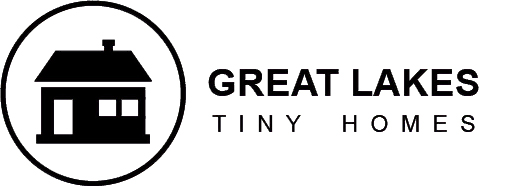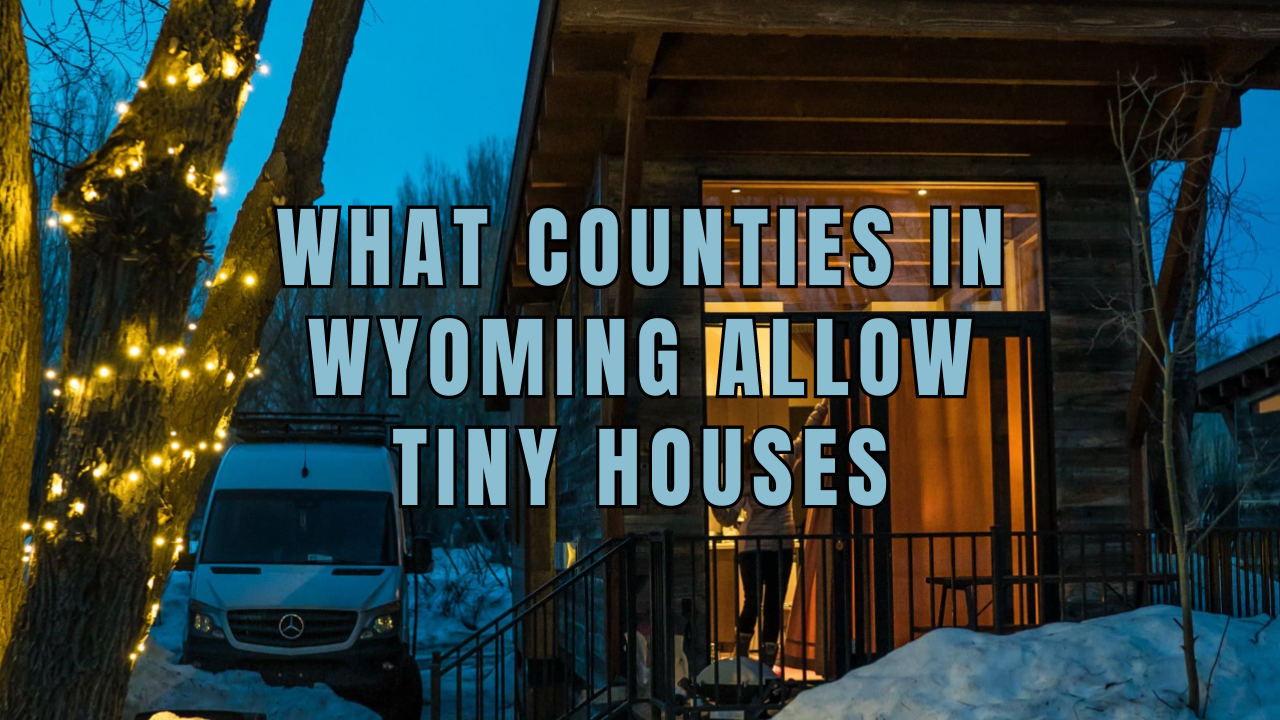People who want to lead a more economical, eco-friendly, and straightforward lifestyle are aspiring small homeowners. However, they may face difficulties since different states have tiny house rules and restrictions.
In this post, you will discover the counties in Illinois that allow tiny homes, what kinds of tiny homes are allowed, and what guidelines and restrictions to consider before constructing or buying a tiny home in Prairie State.
Tiny House Prices in Illinois
Now that you have set sail in your tiny house project, you are probably wondering about pricing options that fit your budget and your tiny living dreams. The average cost in Illinois can range from $40,000.00 – $100,00.00.
However, we have an option for every living style and budget to help you move one step closer to your living project. Check out tiny houses for sale in Illinois.
What Counties in Illinois Allow Tiny Houses?
In Illinois, different counties have varying policies regarding tiny homes, and each county is free to change the construction codes to meet its requirements. While some counties could have laxer rules, others might have more stringent guidelines or outright ban tiny homes. A few jurisdictions that permit small dwellings are as follows:
Livingston County
This county is tiny house friendly. In Livingston County, Illinois, tiny house laws are determined by local zoning regulations. These regulations specify the minimum square footage for a dwelling, which may affect the size and design of a tiny home, although the ground floor must be at least 672 square feet.
Additionally, zoning regulations may dictate where tiny houses can be located within the county, such as in designated tiny house communities or as accessory dwelling units on a property.
Evanston (Cook County)
Evanston in Cook County, Illinois, has specific zoning regulations for tiny houses. According to the city’s zoning code, tiny houses are not allowed as primary residences on individual lots.
However, they permit accessory dwelling units in some zones with special approval. The regulations also outline specific size requirements and design standards for tiny houses to ensure compliance with local building codes.
Tiny House Regulations And Rules In Illinois
Before deciding to construct or move into a small house in Illinois, it’s crucial to understand that local, state, and federal laws governing tiny homes might differ from one place to the next.
Permanent Structure Rules
The rules about permanent construction in Illinois are rather lax. You may build tiny houses on the foundation of your land, live there permanently, and utilize them for employment or enjoyment if your county or municipality allows tiny dwellings. It’s crucial to remember that all permanent construction has the building rules set out by the municipality and the International Residential Code (IRC) or International Building Code (IBC).
Temporary Structure Rules
Since tiny homes on wheels are all considered recreational vehicles (RVs), some Illinois counties may allow their homeowners to remain there permanently. They are readily movable and assemble on a trailer’s rear. They are usually lawful in Illinois’s unzoned regions and are incredibly reasonably priced. Additionally, before you are permitted to put tiny houses on wheels somewhere, they might need to undergo a thorough examination.
Transitional Structure Rules
Strict regulations apply to transitional structures, which are easily movable or portable shelters designed to provide short-term accommodation to solve the homelessness problem. Transitional structures are often not considered acceptable places to live, and these regulations are in place for the benefit of the occupants of these dwellings.
In Illinois, Where Can I Build A Tiny House?
The location of your tiny house is vital. Select a certified tiny house builder to guide you through the process, manage all the paperwork, and ensure your residence complies with building codes.
Although constructing a tiny house is a big project, it does not need to be stressful if you plan accordingly. The typical places for tiny houses include.
- RV parks
- National Park model and campgrounds
- Tiny house communities
- Private properties
Tiny House Communities in Illinois
Tiny house communities in Illinois are gaining popularity as people seek a simple and more affordable way of living. These communities offer a sense of connection and sustainability, as residents work together to minimize their environmental impact and create a tight-knit neighborhood. With the rising cost of housing and the desire for a minimalist lifestyle, tiny house communities provide a solution for those looking to downsize and live with less.
Stelle Community Illinois
Stelle Community is a small, tight-knit town in Illinois with a strong sense of community. Residents often come together for town events, such as the annual picnic and holiday celebrations. In addition to enjoying common areas, parks, green spaces, a community center, utilities, and roads, residents also share power over several infrastructures. The town also boasts a picturesque landscape, with beautiful parks and gardens for residents to enjoy.
Illinois, Tiny House Community (Facebook Group)
This online tiny home community provides a forum for conversation and assistance, whether you’re thinking about living off the grid, building a shed conversion, a trailer, a cabin, a bus conversion, or a tiny house on wheels.
It gives users a forum to exchange suggestions, resources, gear, and guidance on living in tiny houses.
Tiny House Builders Near Me
Great Lakes Tiny Homes offer multiple tiny house designs with nationwide delivery, eliminating the need to scout for local builders to find your dream home.
Furthermore, Great Lakes Tiny Homes is an RV Industry Association (RVIA) builder. Passionate about the highest manufacturing standards and strict compliance with the building, safety, and regulatory guidelines for compact residences.
Do I Need a Certified Builder?
Yes, you need it. You could consider the DIY approach, but the risks are higher and the results are uncertain.
Working with an RVIA-certified builder, like Great Lakes Tiny Homes, assures you will own a tiny house manufactured according to rules and regulations.
Furthermore, it offers peace of mind because it ensures the materials in your residence are safe, durable, and of top quality.
Other advantages of working with a certified builder include streamlined access to financing options and insurance coverage. Compliance with RVIA standards certifies your tiny house is a safe and habitable environment.
FAQs
Can You Make a Tiny House in Illinois Your Main Residence?
Yes, you can make a tiny house your permanent residence in Illinois.
However, be mindful of the local rules and regulations. The best practice is to check with your local authorities and zoning officials to discover if your tiny house adheres to codes and regulations, including inspections.
Do your homework and work with certified builders to enjoy the perks of a simpler, more sustainable lifestyle in Illinois.
In Illinois, How Tiny Can a Home Get?
The minimum living space required by law in Illinois varies depending on the jurisdiction. But be aware of the following about the state’s size requirement:
- A small house must be 150 square feet or larger to be deemed a legal residence.
- Your tiny house’s overall square footage cannot be more than 400 square feet or 500 square feet.
- Every construction needs to have a minimum of 20 feet between the front and back and 12 feet between the sides. This classification, however, is limited to permanent residences.
- Finally, unless your tiny home has a foundation or is fastened to a permanent building like a garage or shed, you should ensure it is no taller than 14 feet and no wider than 16 feet.
Can I Construct a Tiny House in Illinois and Place It in My Backyard?
Illinois’s local zoning laws and construction rules may impact your ability to construct and situate a tiny house in your garden.
Backyard cottages and auxiliary dwelling units (ADUs) may be permitted in some locations but prohibited in others.
Conclusion
Before deciding to live in a tiny house in Illinois, you should be informed of the potential legal obstacles and limitations. There is no unified set of laws governing tiny houses in Illinois; instead, each city and county sets its restrictions on the types of small houses allowed and the locations of these homes. A land use attorney can guide you through the legal system and assist you in avoiding any disputes, so you should seek their advice.





